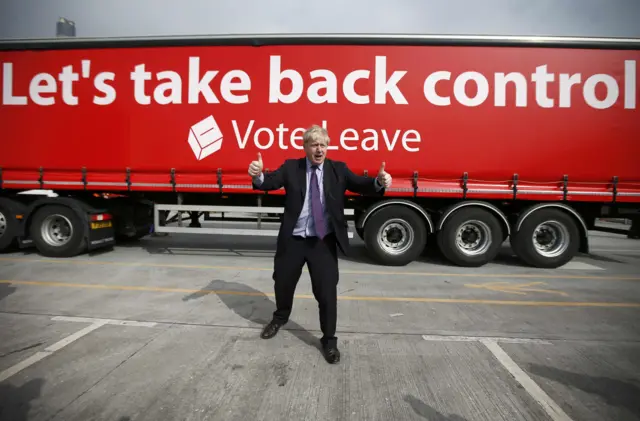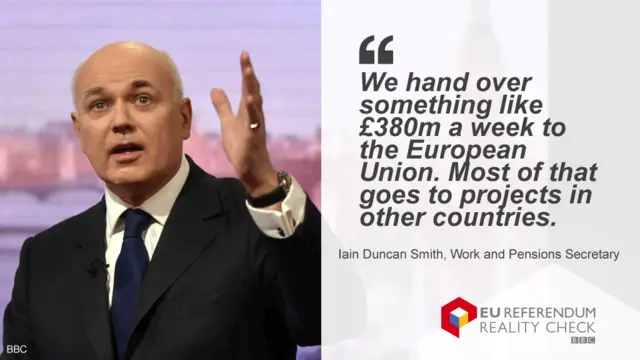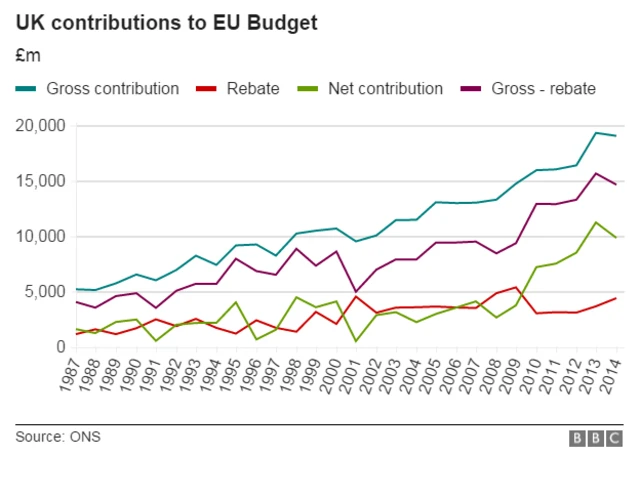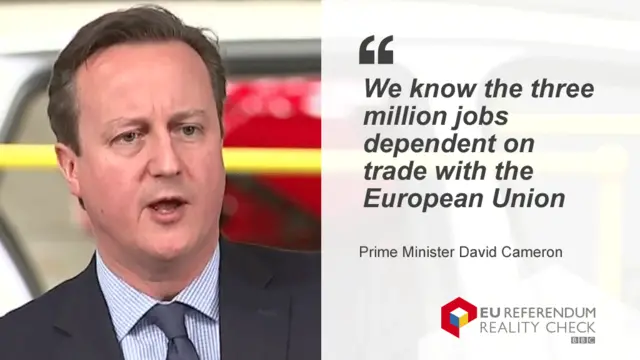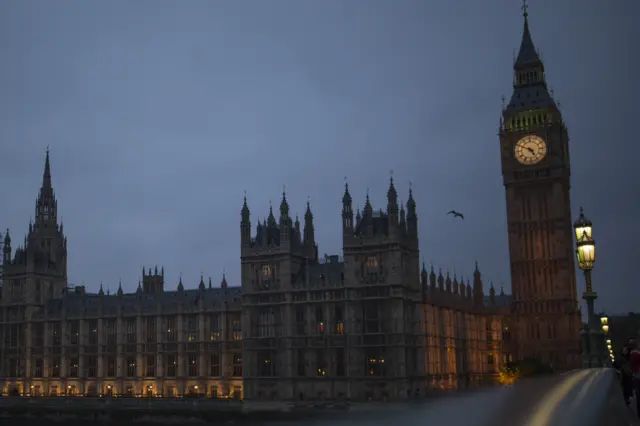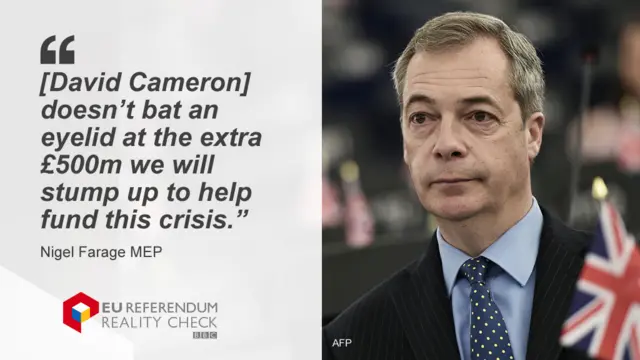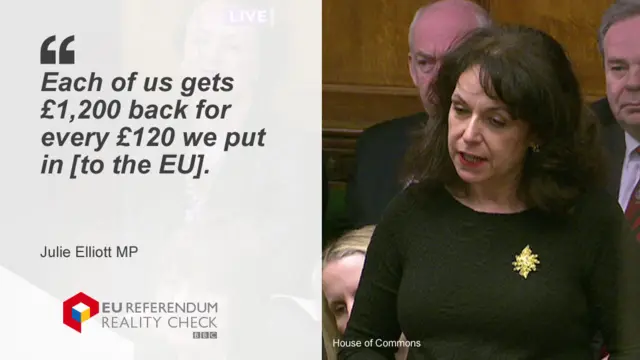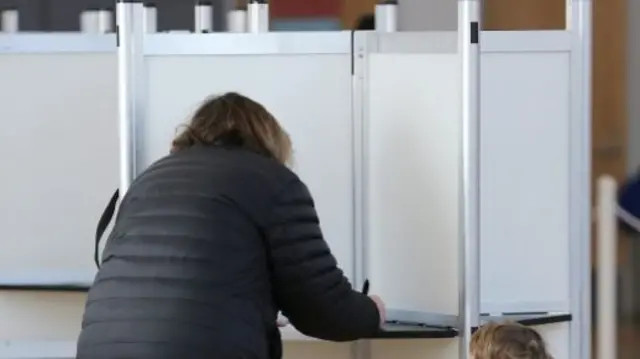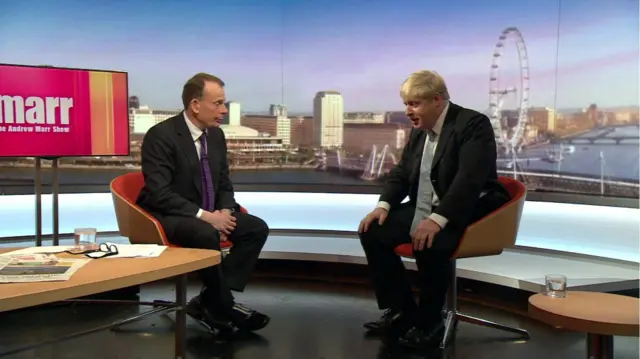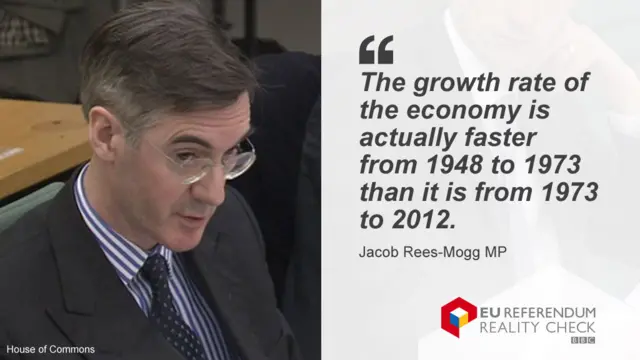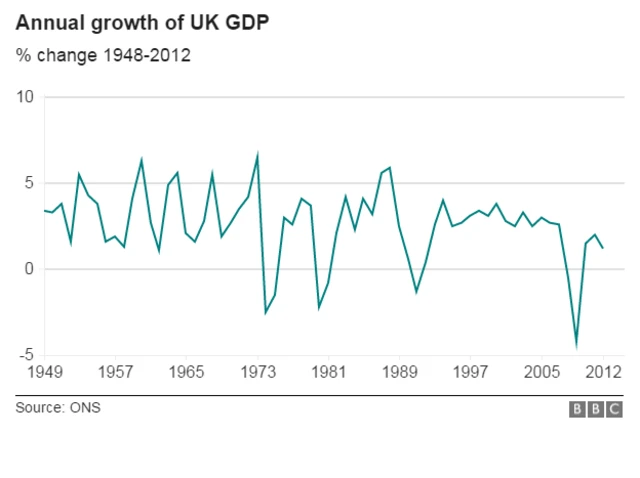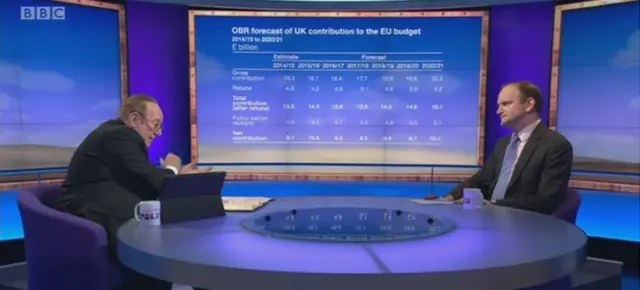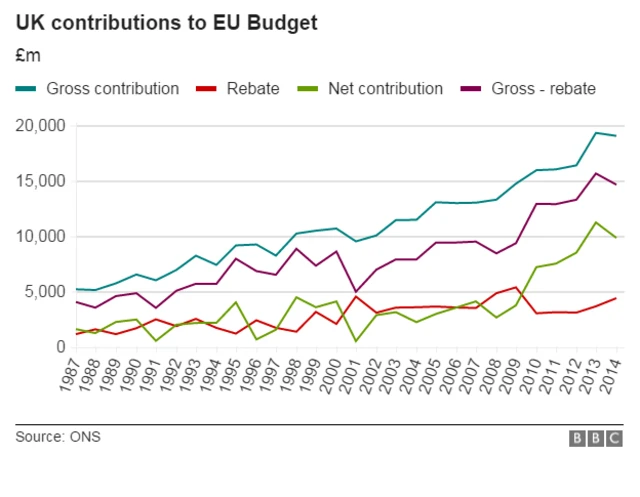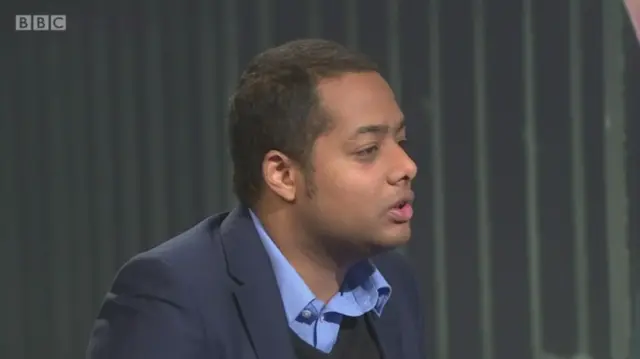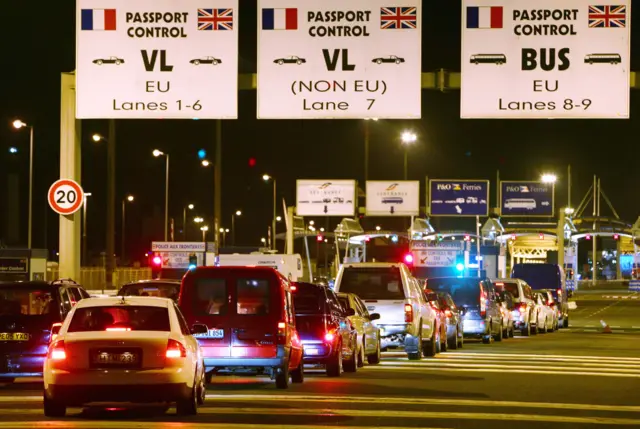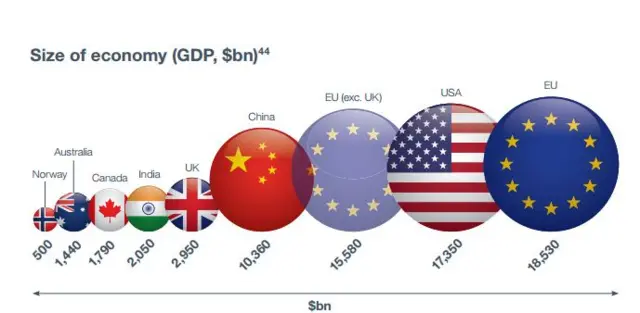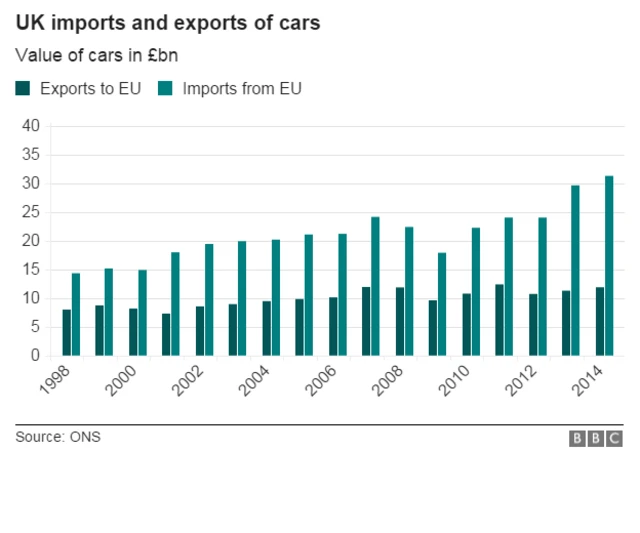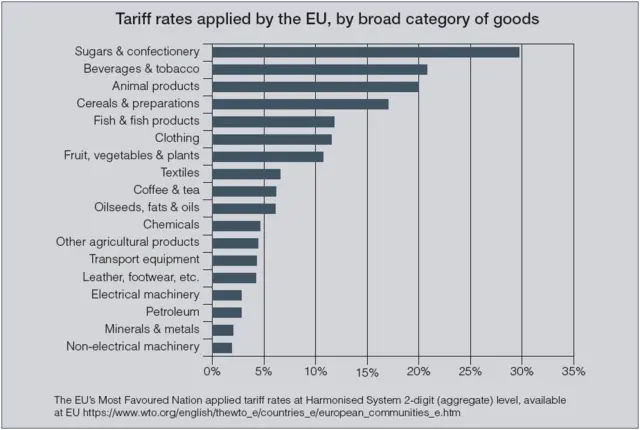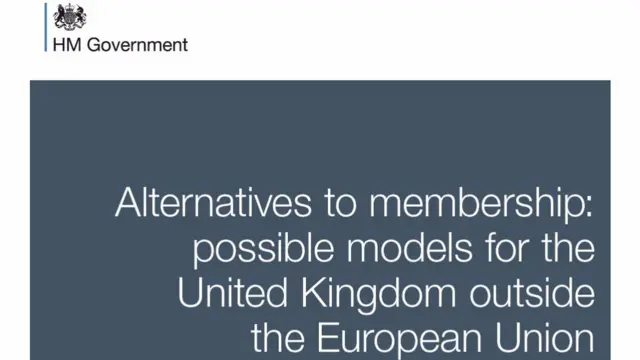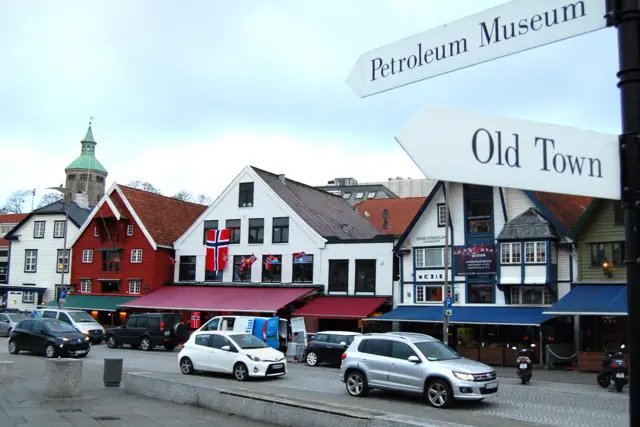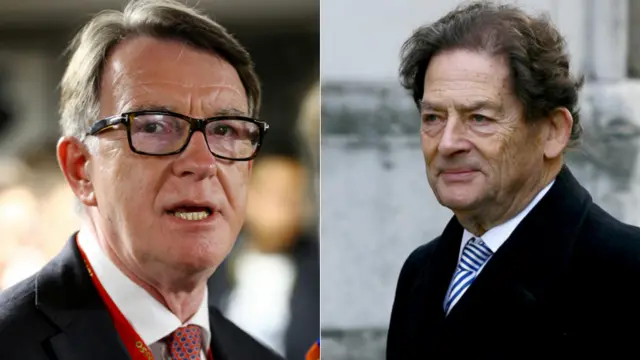Is the BBC funded by the European Union?published at 16:04 GMT 11 March 2016
By Anthony Reuben
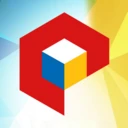 Reality Check
Reality Check

We get lots of comments on the @BBCRealityCheck, external feed about the BBC being funded by the European Union, so here are the facts.
BBC public service news programmes are not allowed to take any external funding, including from the EU.
World Service is also now funded by the licence fee, although the UK government has agreed to pay for some new services.
There are three areas that do not influence BBC editorial policy that benefit from EU money
BBC Media Action
BBC Media Action is independent from the BBC - it is an international development charity set up by the BBC. In 2014-15 it received 5% of its funding from the EU, which was £2.3m. Its biggest donor was the UK's Department for International Development.
Research and Development
The BBC applies for grants to help fund its research into broadcasting technology that has contributed to developments such as Freeview and DAB digital radio. Last year it received a grant of €607,953 (£472,197)., external
Independent Production Companies
Some production companies (not in-house ones) apply for grants that may be part-funded by the EU, which provide incentives to make programmes in particular regions of the UK. This is particularly the case for drama productions - news, current affairs and factual programmes do not use such incentives. In 2014-15, less than 2% of independently-produced programmes on the BBC used such incentives, which accounted for an average of 6% of their programme budgets.
